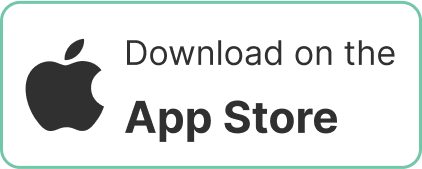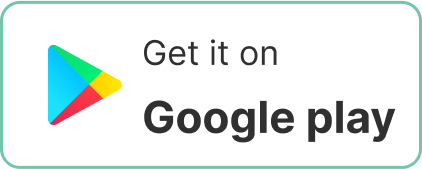Informational interviews are an invaluable tool for healthcare professionals seeking to explore career opportunities, understand industry trends, or transition into new roles. Unlike traditional job interviews, informational interviews are conversations designed to gather insights and build connections, not directly secure a job.
For healthcare professionals, this approach offers the opportunity to learn about new specialities, facilities, or career pathways while building a network of like-minded professionals. Here are five essential steps to conduct a successful informational interview tailored specifically for healthcare professionals.
1. Identify the Right Professionals to Connect With
Healthcare is a vast and diverse field, so start by identifying professionals whose experiences align with your goals. Look for individuals who work in your area of interest—whether it’s nursing management, telehealth, clinical research, or hospital administration.
You can find potential interviewees through professional associations, alumni networks, or colleagues. Platforms like hospital directories or professional networking groups can also be useful. Once you have a list, prioritize those whose expertise or career paths resonate with your aspirations.
Pro Tip: Focus on individuals who have transitioned into roles you’re interested in. Their journey can provide actionable insights for your own career shift.
2. Craft a Professional Request
Healthcare professionals are often busy, so your outreach needs to be concise and respectful. Whether sending an email or a message through a networking platform, clearly state who you are, why you’re reaching out, and what you hope to gain from the conversation.
Example Request:
Subject: Seeking Career Insights in Healthcare Administration
Dear [Name],
I hope this message finds you well. My name is [Your Name], and I am currently [Your Role/Experience]. I admire your work in [Their Specialty/Role] and would love the opportunity to learn more about your career journey and insights into [specific area].
Would you be open to a 20-minute conversation at your convenience? Your advice would be incredibly valuable as I explore opportunities in [specific field]. Thank you for considering my request, and I look forward to hearing from you.
Best regards,
[Your Name]*
Keep your message professional and proofread before sending it. If you don’t receive a response, follow up politely after a week.
3. Prepare Thoughtful Questions
Once your interview is scheduled, invest time in preparing targeted questions that will provide meaningful insights. Focus on topics that are specific to healthcare, such as workplace culture, advancements in medical technology, or challenges in patient care.
Sample Questions for Healthcare Professionals:
- What inspired you to pursue a career in [specialty]?
- What does a typical day look like in your role?
- What trends do you see shaping the future of [specific area, e.g., telehealth, nursing leadership]?
- What skills or certifications would you recommend for someone entering this field?
- How does your organization support professional growth and upskilling?
Tailor your questions based on the professional’s role and the insights you wish to gain.
4. Conduct the Interview with Professionalism
Informational interviews should feel like a conversation, not a formal interrogation. Arrive on time (or log in promptly for virtual meetings), dress appropriately, and bring a notepad to jot down key takeaways.
Begin with a warm introduction, reiterating your gratitude for their time. Then guide the conversation using your prepared questions but remain flexible—organic discussions often reveal the most valuable insights.
Pro Tip: Pay attention to non-verbal cues and adjust your approach accordingly. If they seem rushed, prioritize your most pressing questions.
As the conversation wraps up, thank them for their time and ask if they can recommend any additional resources, certifications, or professionals you should connect with.
5. Follow Up and Build a Long-Term Connection
After the interview, send a personalized thank-you email within 24–48 hours. Mention specific advice or insights they shared that resonated with you and how you plan to apply them.
Example Follow-Up Email:
Dear [Name],
Thank you for taking the time to speak with me about your experience in [specific field]. I greatly appreciated your advice on [specific topic] and found your insights into [specific area] particularly inspiring.
I look forward to exploring [recommended steps or actions] and will keep you updated on my progress. Please don’t hesitate to reach out if I can be of assistance in the future.
Best regards,
[Your Name]
This thoughtful gesture can leave a lasting impression and open the door to future opportunities.
Why Informational Interviews Are Key for Healthcare Professionals
In the fast-evolving world of healthcare, staying informed and connected is essential for professional growth. Informational interviews not only provide practical knowledge but also expand your network, positioning you for success in this competitive industry.
Organizations like LinkHealthStaff understand the importance of building professional connections in healthcare. While facilitating job placements, they also encourage networking and skill development to empower healthcare professionals in their career journeys.
Start your journey today by reaching out to professionals, asking questions, and building connections that can shape your future in healthcare.






